Let The Tasting Begin! (Page Two)
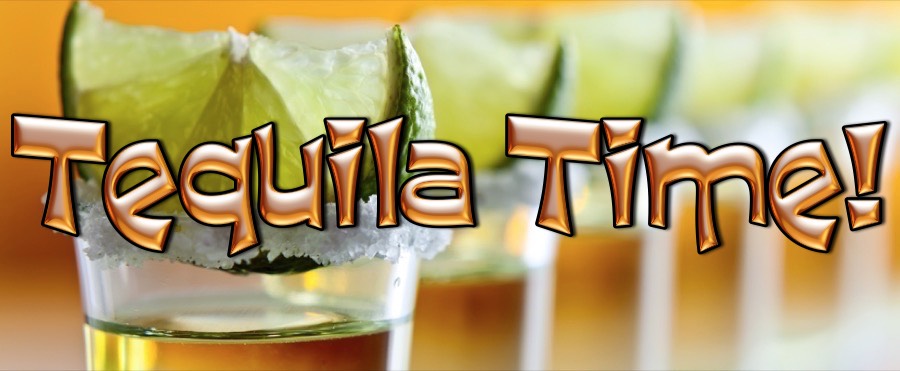

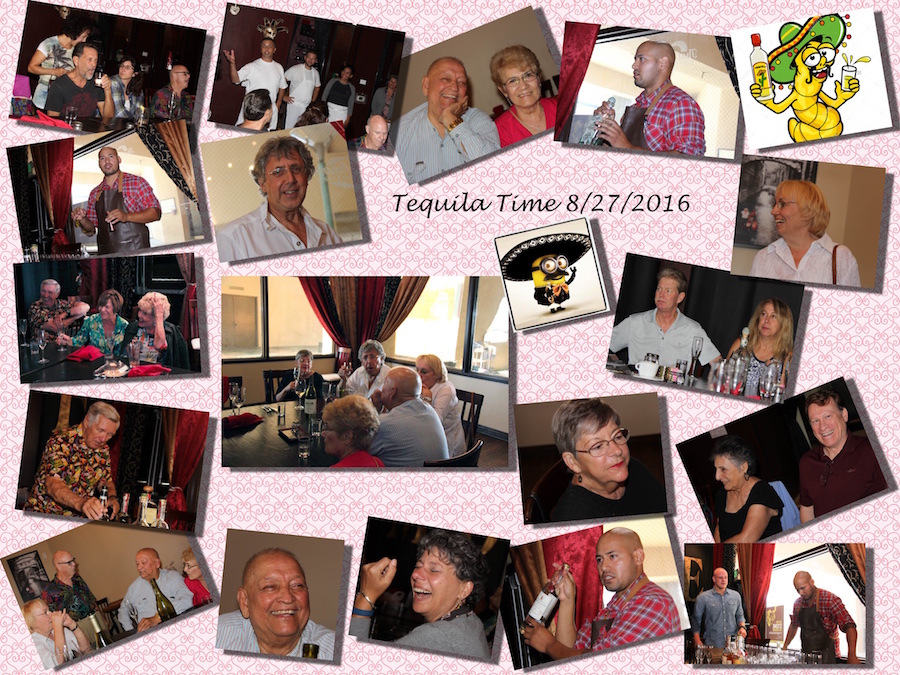
Did You Know? - Tequila was first produced in the 16th century near the location of the city of Tequila, which was not officially established until 1666. The Aztec people had previously made a fermented beverage from the agave plant, long before the Spanish arrived in 1521. When the Spanish conquistadors ran out of their own brandy, they began to distill agave to produce one of North America's first indigenous distilled spirits.
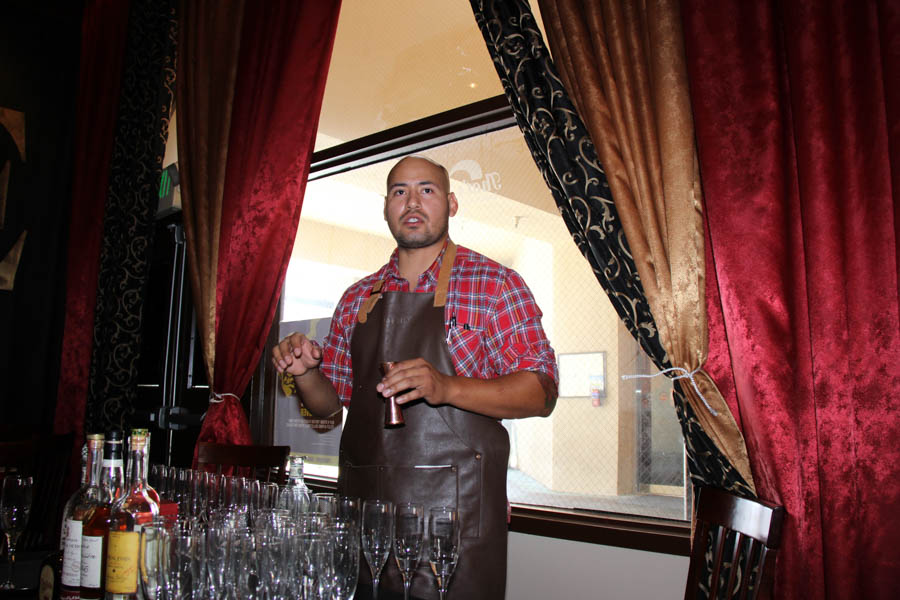
Mark has his notes, excellent sense of timing, and good tequila!

He got his audience's attention!
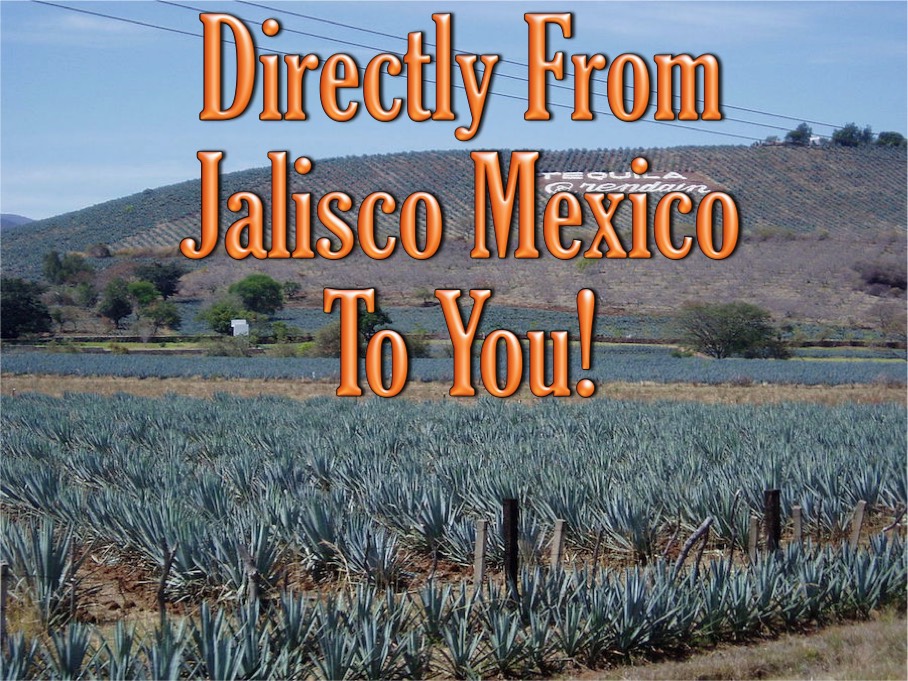
Did You Know? - Jalisco, officially the Free and Sovereign State of Jalisco (Spanish: Estado Libre y Soberano de Jalisco, is one of the 31 states which, with the Federal District, comprise the 32 Federal Entities of Mexico. It is located in Western Mexico and divided into 125 municipalities, and its capital city is Guadalajara. Jalisco is one of the most important states in Mexico because of its natural resources as well as its history.
Many of the characteristic traits of Mexican culture, particularly outside Mexico City, are originally from Jalisco, such as mariachi, ranchera music, birria, tequila, jaripeo, etc. Hence, the state's motto: "Jalisco es México."
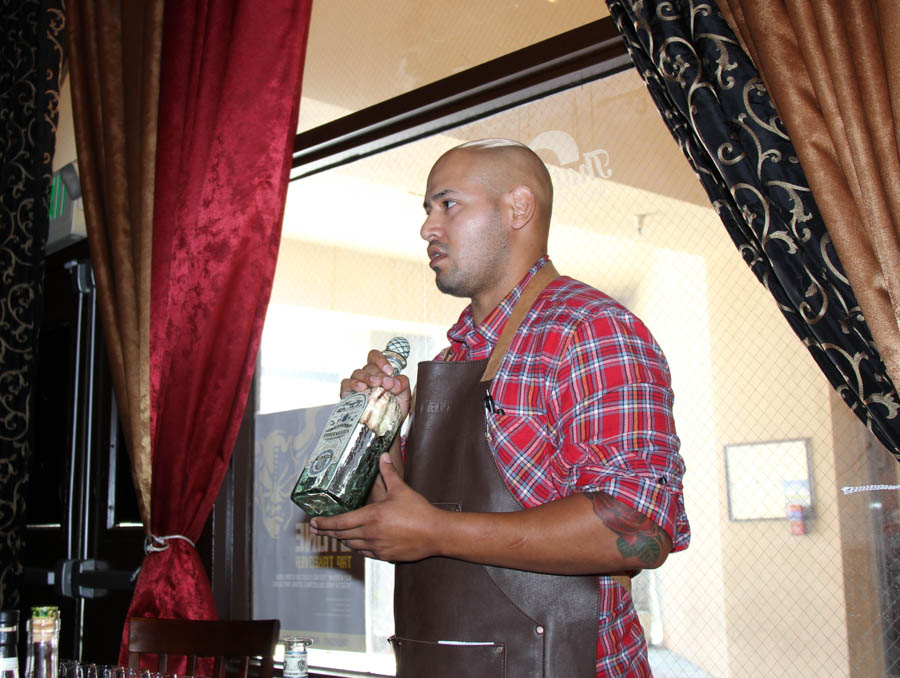
Mark was careful to explain the marking and meanings on the bottles...
Tequila is a "National Treasure" of Mexico and there are many rules and regulations
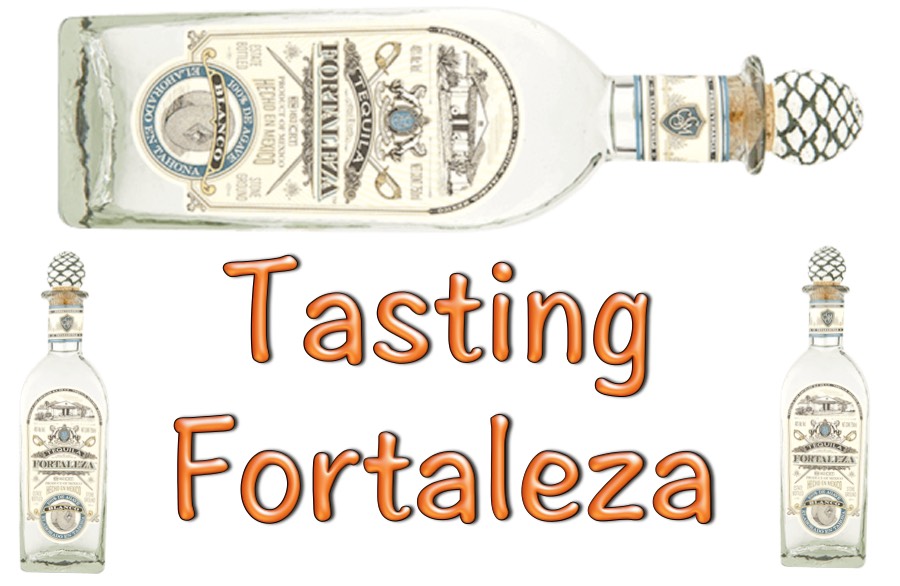
Checkout the top on the bottle!
Did You Know? - Fortaleza Tequila Blanco - 100% estate grown Blue Agave Tequilana Weber, distilled and stored in stainless steel tanks. Blanco never touches wood. Our Blanco label contains a drawing of our distillery.
At Tequila Los Abuelos, they are committed to producing the finest Tequila possible. The Tequila is made using traditions established centuries ago, from 100% stone milled agave, entirely produced on our estate. They are located in the town of Tequila, Jalisco, Mexico, first populated in the 1530's by our Spanish forefathers.
The land is nestled in rich valley at 4,000 feet of altitude, in the foothills of the 9,560-foot tall, Volcan de Tequila. Here is where our blue agaves grow for seven to eight years, caressed with the warmth of the Mexican sun, nourished by the summer rains, and protected from the harsh and cold winter winds.
Tequila Los Abuelos Tequila is produced entirely within the walls of their estate, using centuries old, traditional methods, which although are very labor intensive, create a tequila, which is unequaled in taste and smoothness.
Using the age-old brick oven, with its meter thick walls, we cook the agave for thirty six hours. Then they crush or mill the agave as Tartarabuelo did over 135 years ago in the stone mill called the Tahona.
The crushed agave is then washed with the pure mountain water from the Volcan de Tequila to separate the pulp from the woody fibers to create an agave juice called mosto
The woody fibers of the agave, called bagazo, are removed at this time, and taken to the fields to use as compost.
The agave mosto is then naturally fermented for five days in small wood vats, and then double distilled using small, labor-intensive copper pot stills. Our glass bottle is hand-blown in Tonala, Jalisco by artisan glassmakers and our bottle tops, artisan designed to represent the harvest agave, or Pina, are hand-made by our workers.
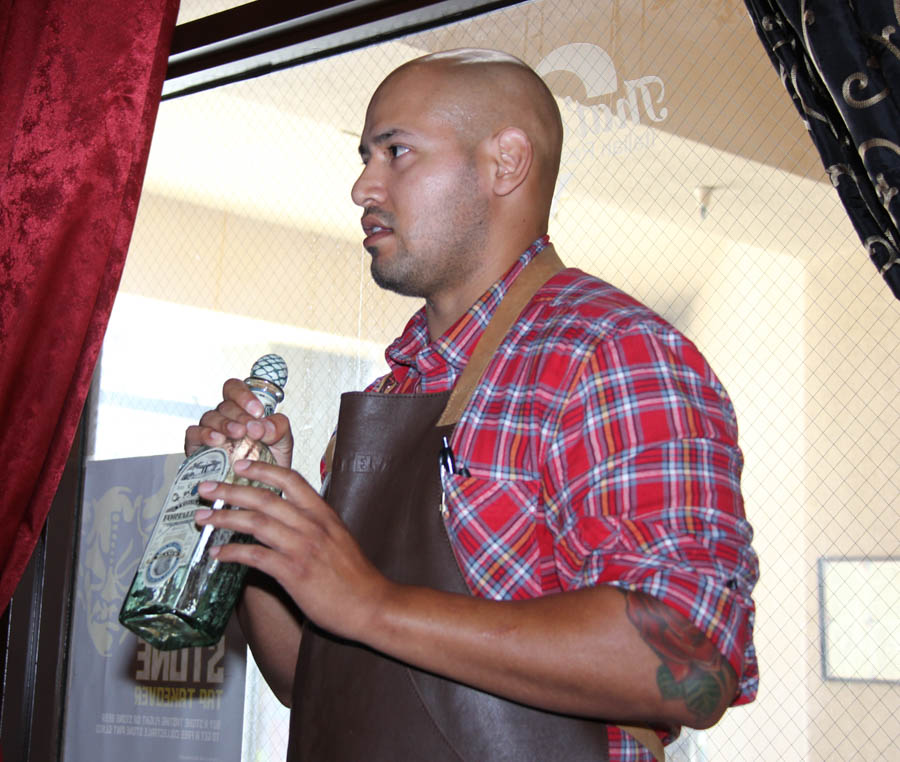
Notice how we caresses the glass... We hope he finally pours some! But first,
where does tequila come from?
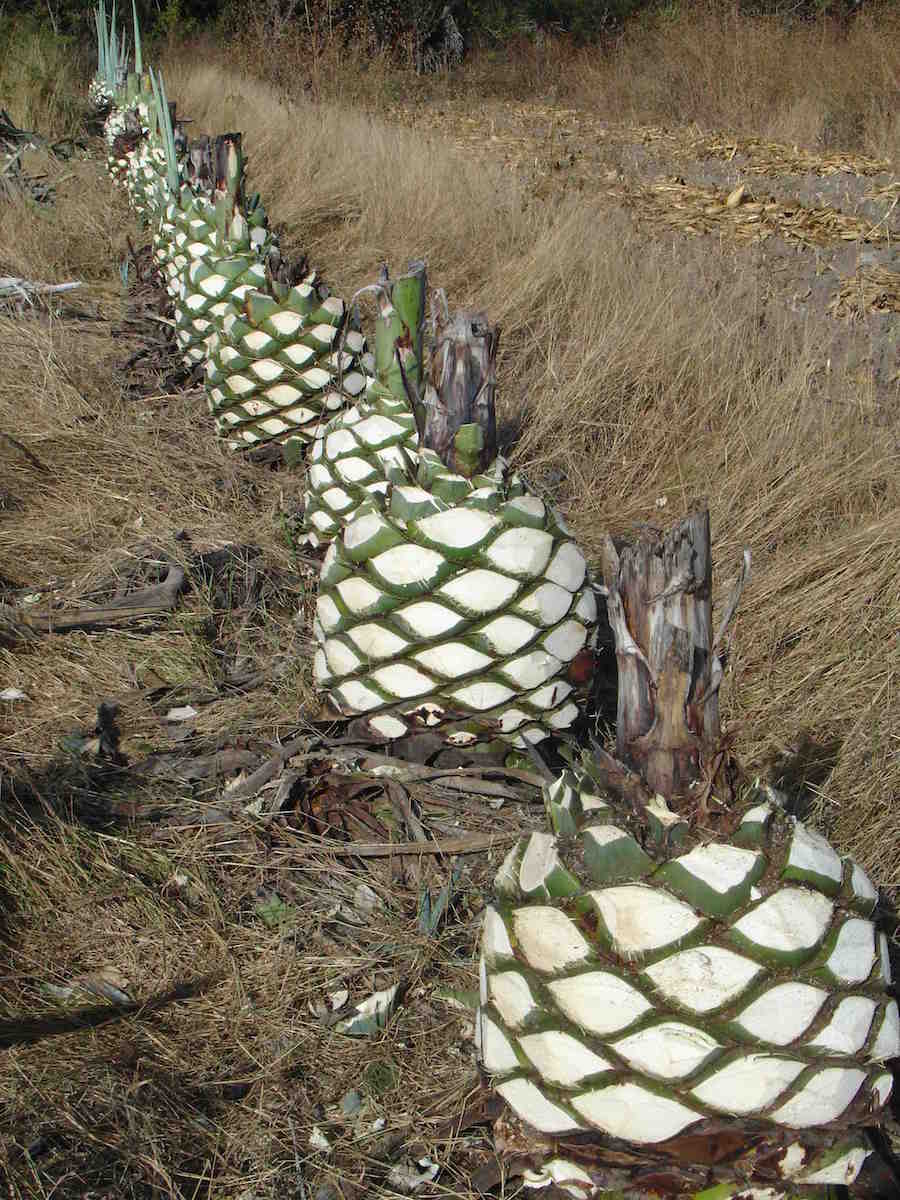
From Pinas!
Did You Know? - Piña literally means "pineapple" in Spanish but in Mexico it is also used to describe the heart of the agave because it so closely resembles a pineapple. The piña has become one of the main motifs in the agave world and suffuses tequila and mezcal culture. It's one of those key images that triggers all sorts of nostalgic associations about the hand made nature of agave distillates and centrality of agave to Mexican culture. As one example, Fortaleza tequila has a ceramic piña for its bottle top but you'll see it repeatedly in the marketing and media coverage of agave distillates.

Mike joins the group to give his side kick a hand!
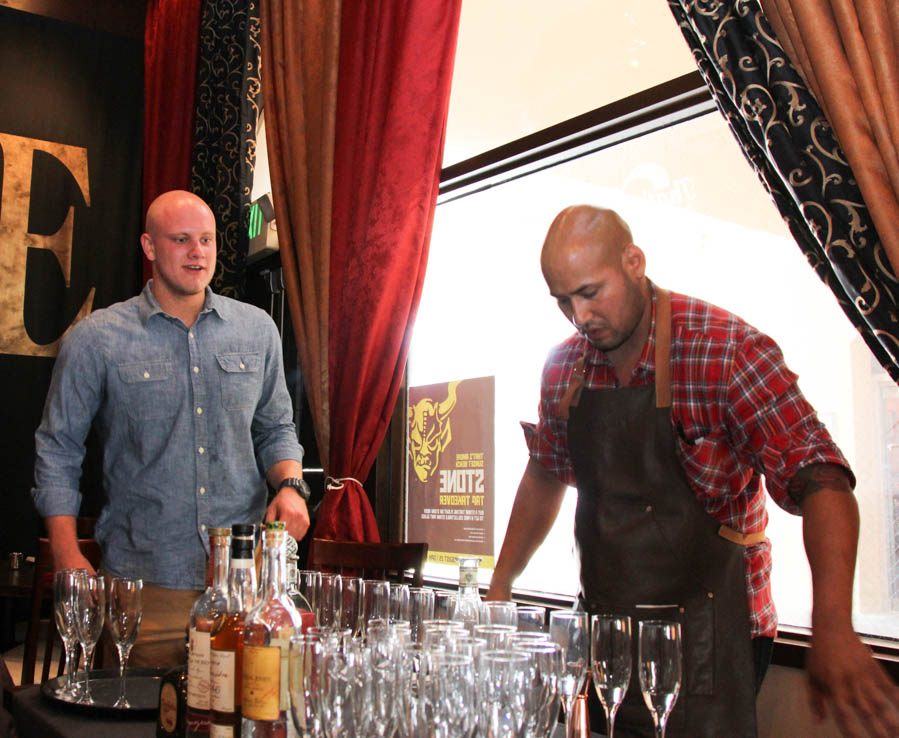
"How many are tasting today?"
Mike explains the stages of drinking tequila
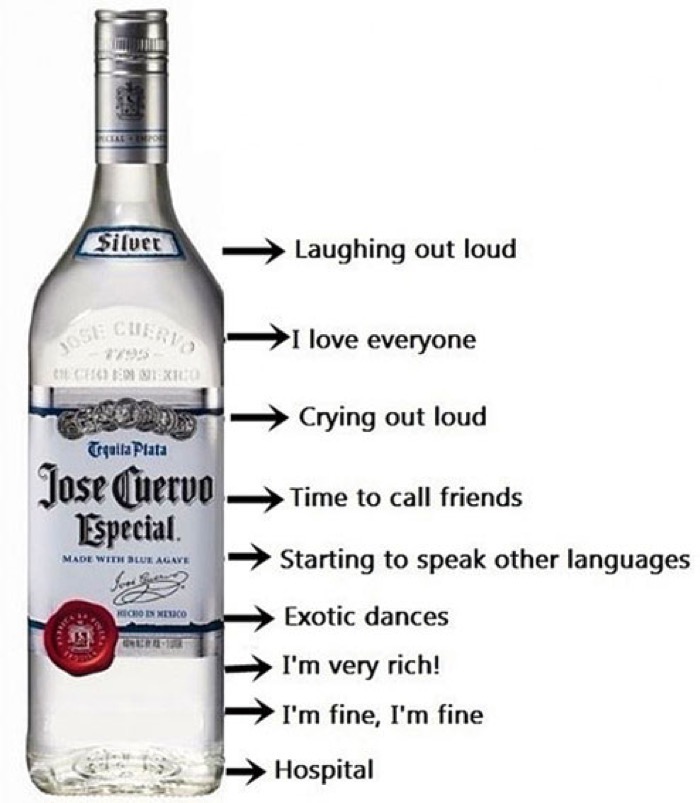
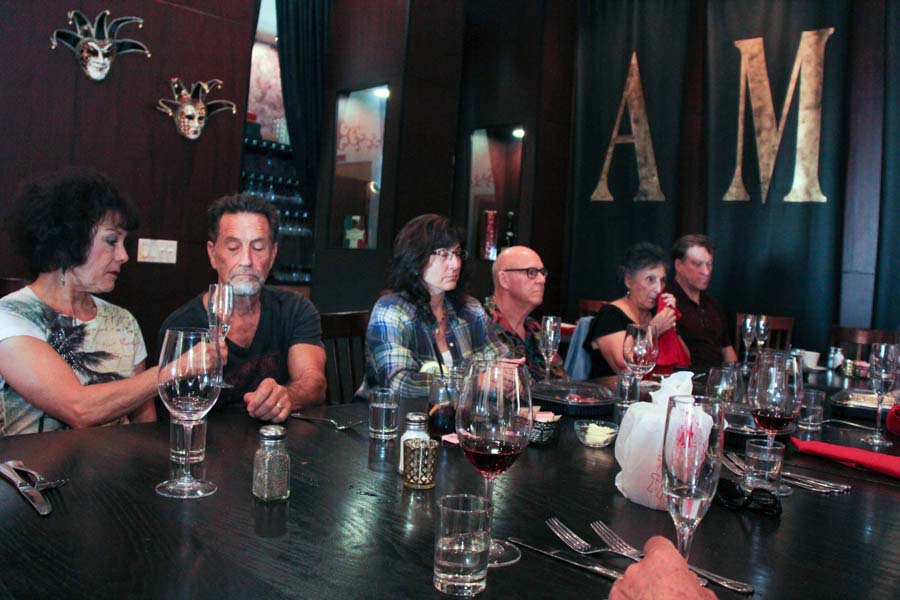
We sneak up on the first glass expecting that burning taste.... Nope!
Javier says we started with pretty good stuff!
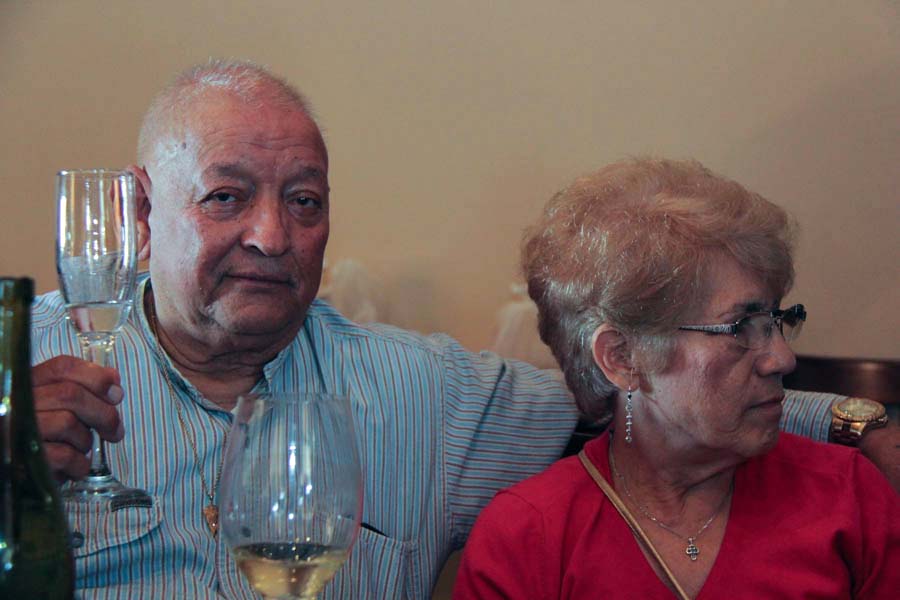
Our wizard gives us the approval sign!
Did You Know? - Tequila is most often made at a 38% alcohol content (76 U.S. proof) for domestic consumption, but can be produced between 31 and 55% alcohol content (62 and 110 U.S. proof). Per U.S law, tequila must contain at least 40% alcohol (80 U.S. proof) to be sold in the United States.
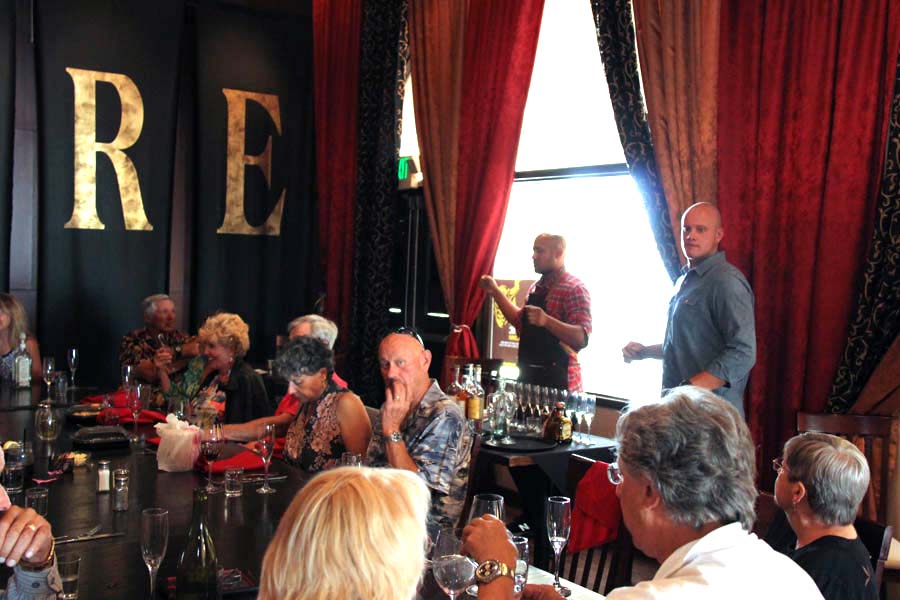
Mark takes time to answer questions and he has all the answers
(If he didn't have an answer, we told him to make one up!)
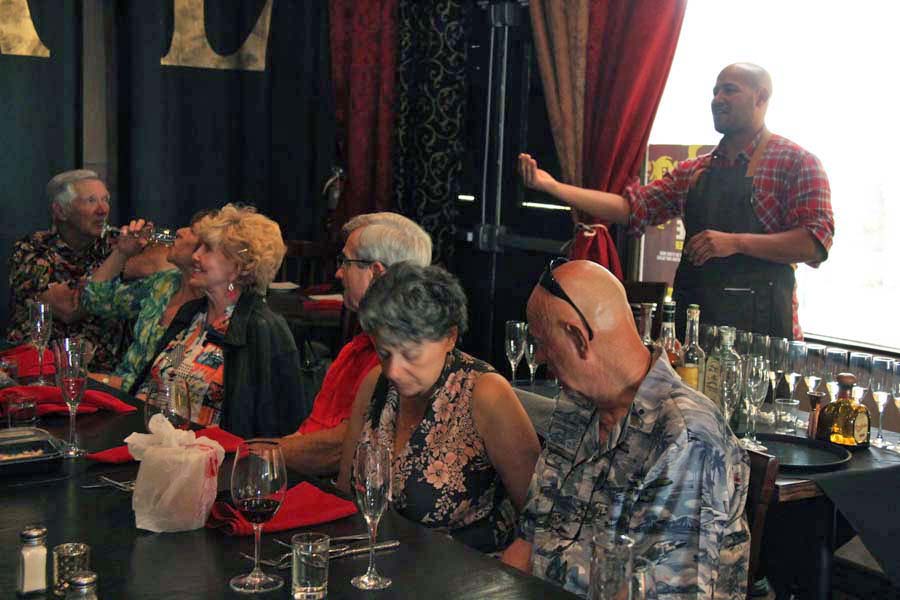
Mark put himself in the window so the Sun
would make him look brilliant.... It worked!

Great fun... Mike got the expected questions about lime and salt
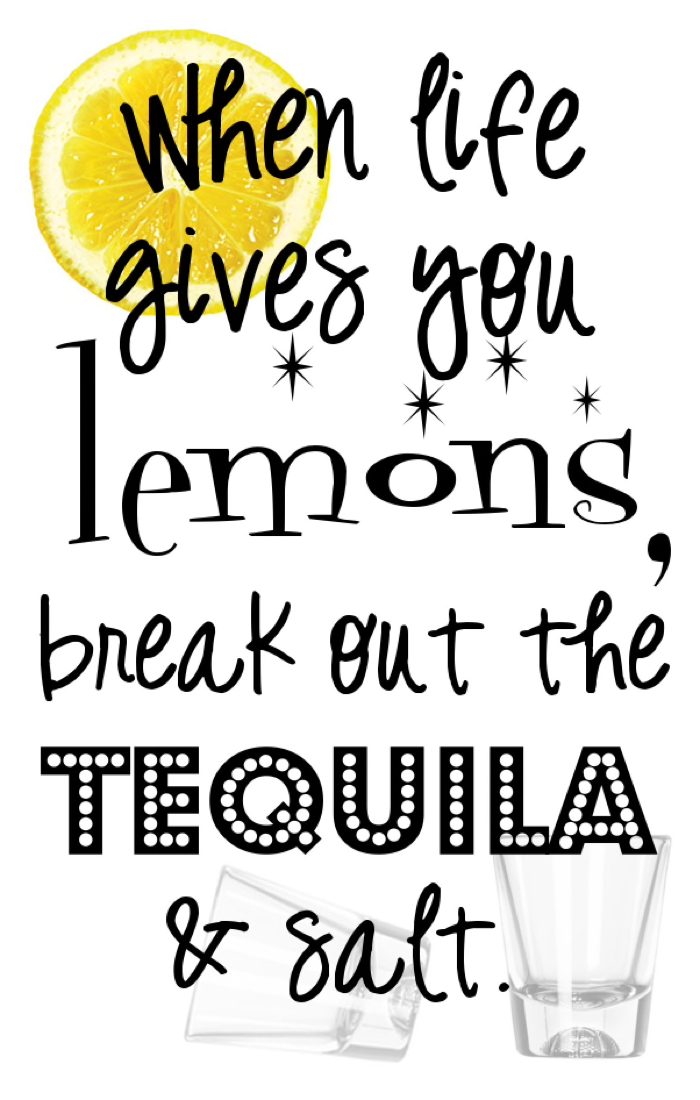
With good tequila, who needs lime and salt?
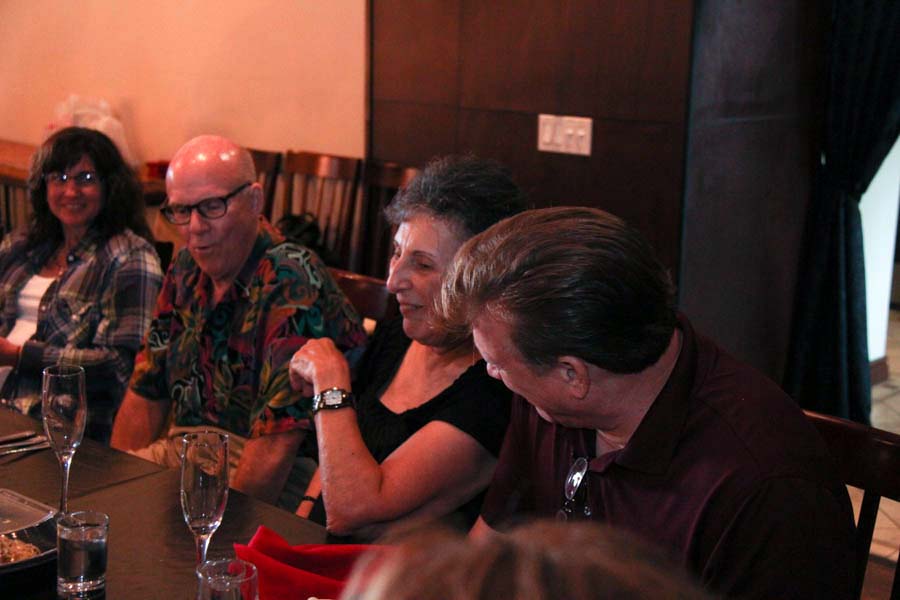
Irene says "This does not taste like retsina!"
(Editors Note: Retsina is a Greek paint remover)

Greg watches all the goings on!

Big smiles as we get into the tasting activities
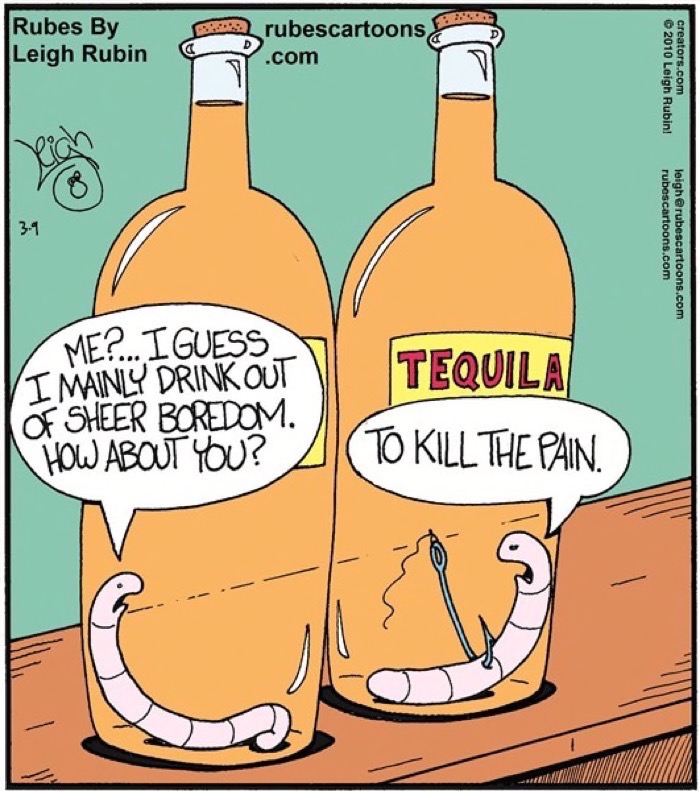
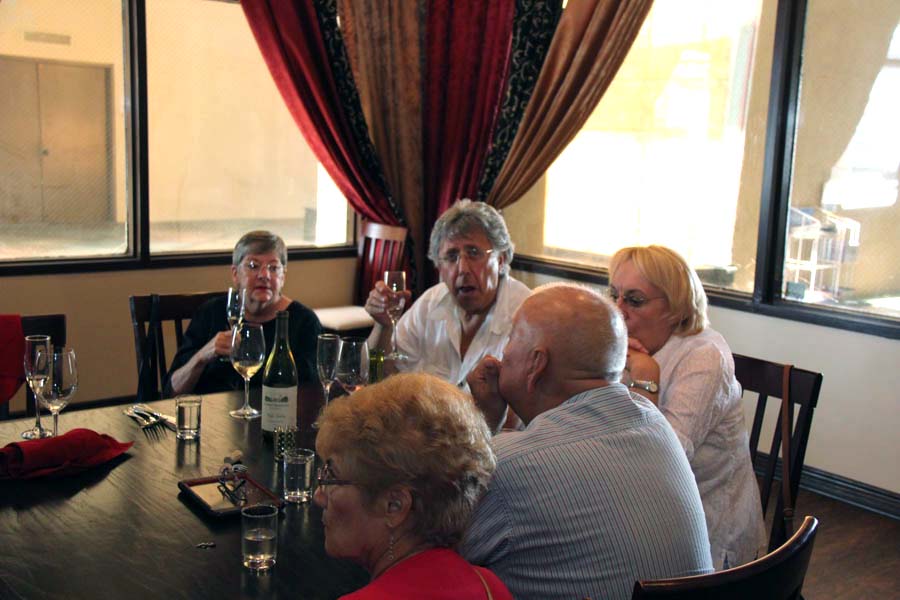
Sue, Brian, Jan, Javier and Evelia concur
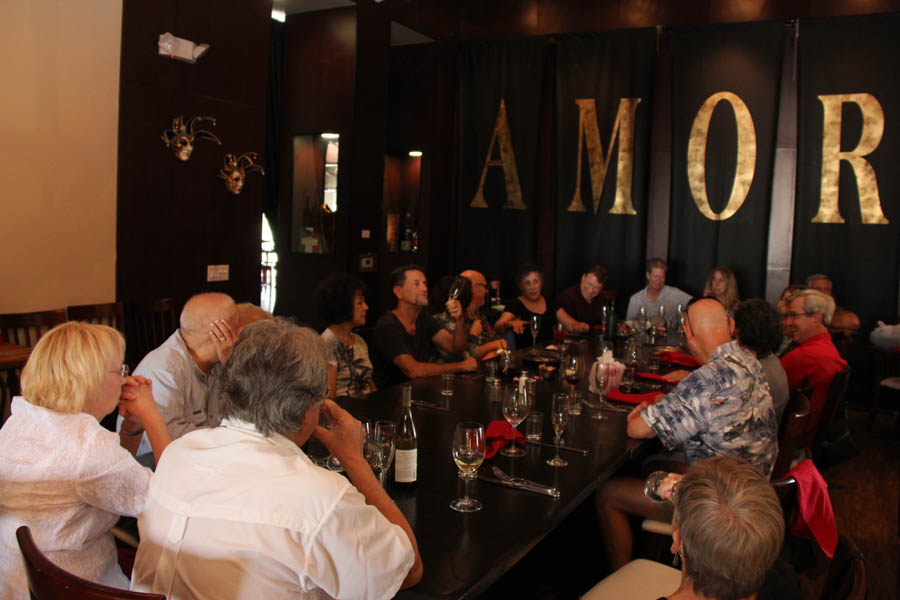
It's a mighty group we have today!
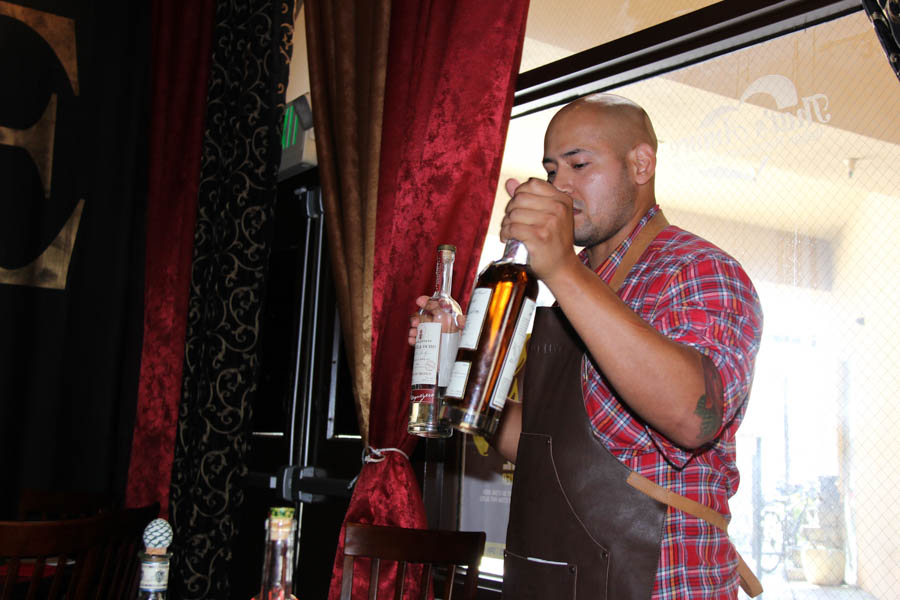
Maek regales us with stories of his childhood
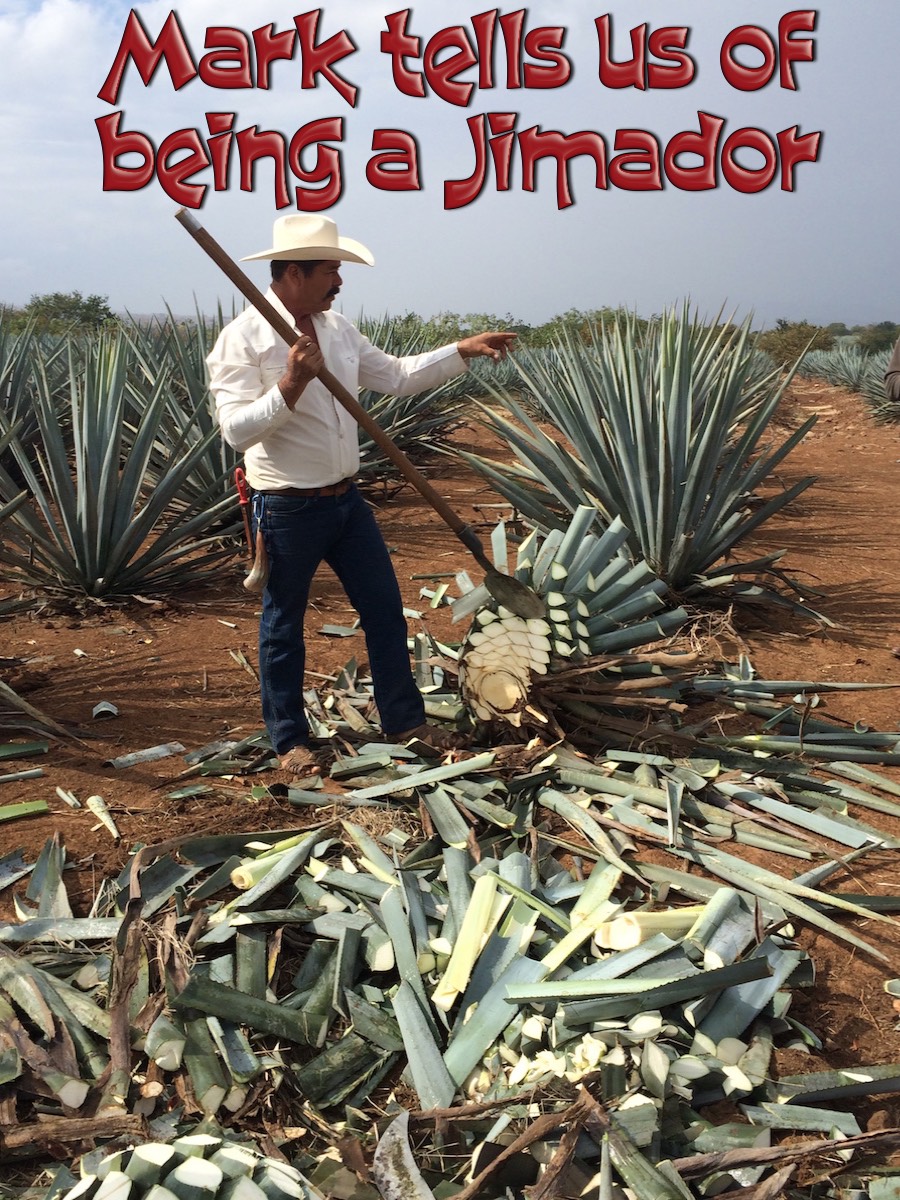
A jimador or a worker who harvests the agaves and cuts off the sharp leaves
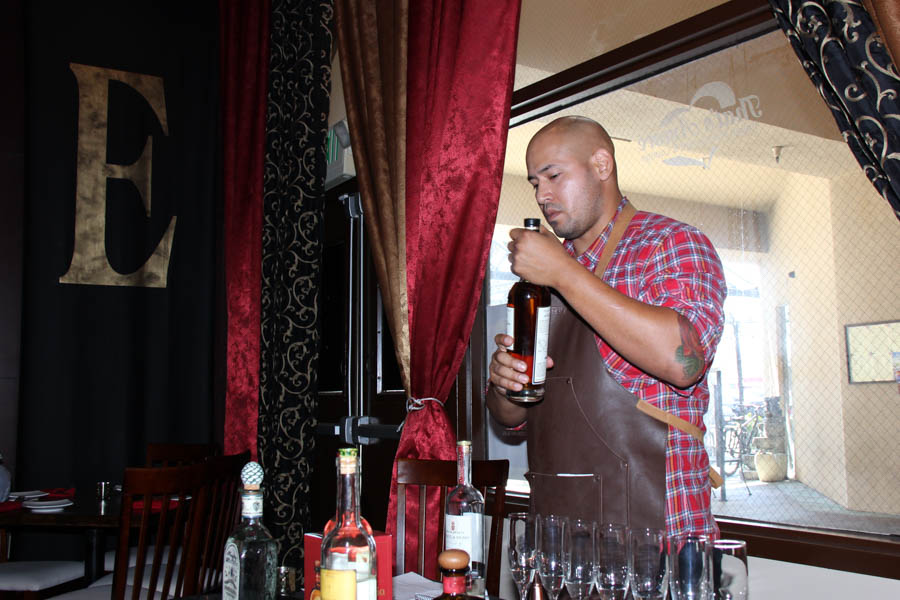
Mark is preparing us for the next tasting...

Bad Mike can hardly wait...

What was he up to?
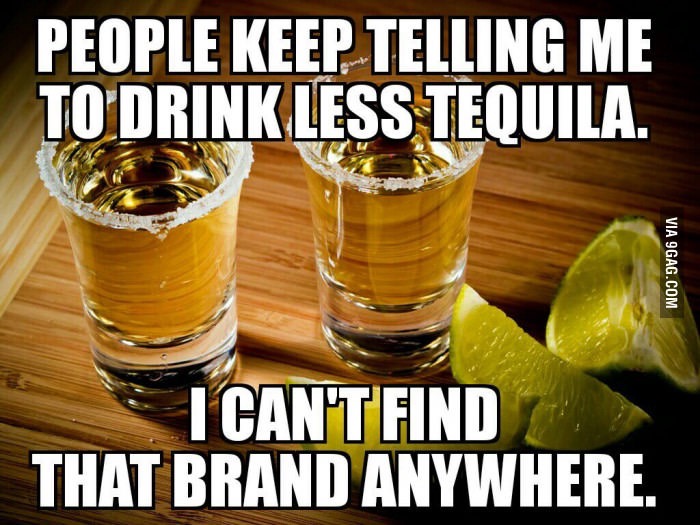
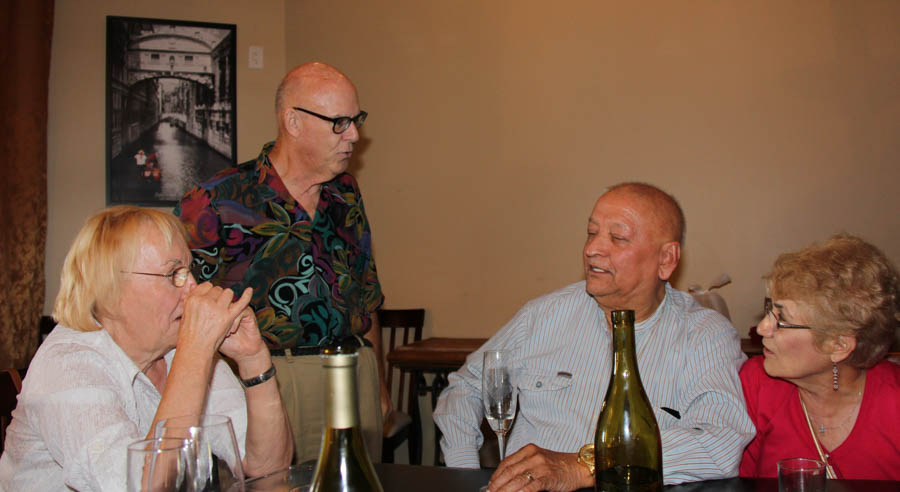
Greg runs the sobriety check point
Did You Know? - In Mexico, the most traditional way to drink tequila is neat, without lime and salt. It is popular in some regions to drink fine tequila with a side of sangrita—a sweet, sour, and spicy drink typically made from orange juice, grenadine (or tomato juice), and hot chilli. Equal-sized shots of tequila and sangrita are sipped alternately, without salt or lime. Another popular drink in Mexico is the bandera (flag, in Spanish), named after the Flag of Mexico, it consists of three shot glasses, filled with lime juice (for the green), white tequila, and sangrita (for the red).


"Javier... I like your haircut!"

"Yours too Senor Greg"
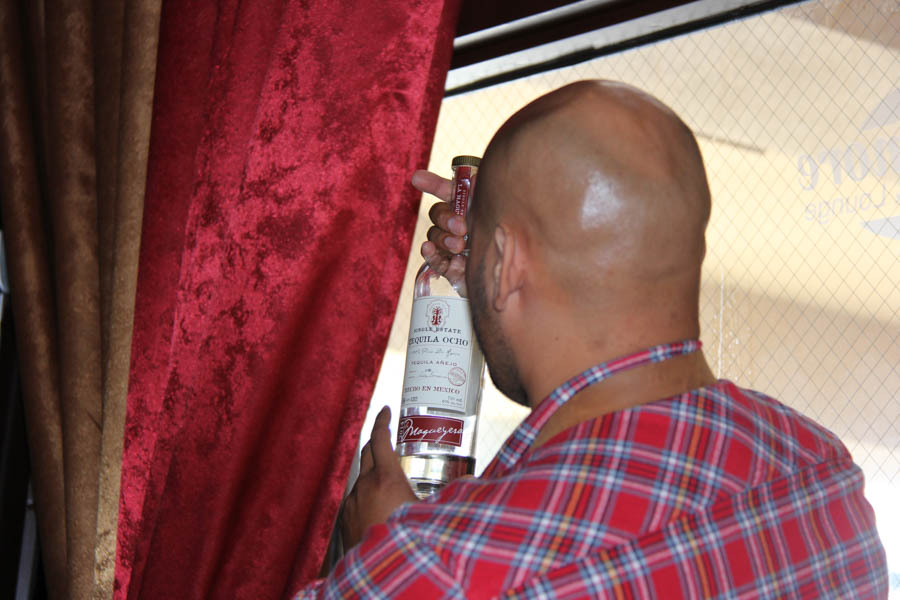
Mark's also!

Did You Know? - Why "Ocho" ? (that's eight in English)
- This tequila is made from the eigth sample created by the Camarenas for Tomas Estes.
- It takes an average of eight years for the agaves to ripen before being harvested.
- It takes about eight kilograms of agave to make one litre of Ocho tequila – very high versus industry average.
about-bottole - It takes eight days from when the agaves reach the patio at the distillery until it becomes blanco (unaged) tequila.
- Carlos Camarena has eight brothers and sisters.
- The Camarenas are in their eighth decade of producing tequila.
- Ocho Reposado is aged for 8 weeks and 8 days.
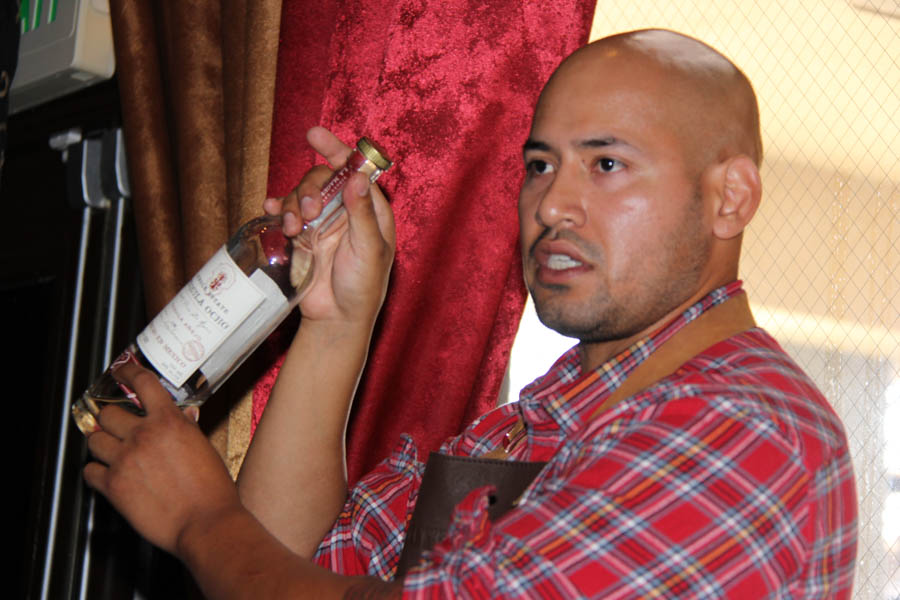
"This is excellent... It is Tequila Ocho"
Did You Know? -
One of the few tequilas still made slowly in the old fashioned way, Tequila Ocho is a fine quality spirit which accentuates that which is exclusive to tequila, the agave flavor.
Ocho is the first tequila to designate both the year it was produced and the precise field from which the family grown agaves were sourced. Each batch comes from a different field or rancho contributing distinctive characteristics of that place.

"Silly boy... I knew ocho was eight!"
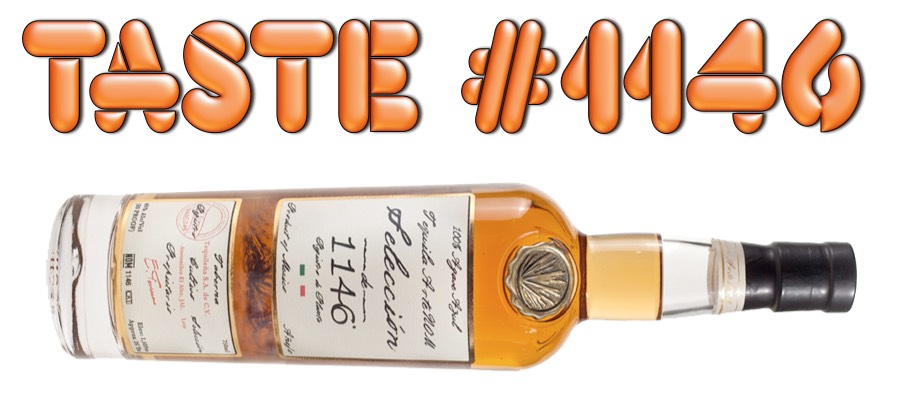
Did You Know? - Tequila ArteNOM Seleccion de 1146 Añejo
Atotonilco El Alto, Jalisco (Mountain Agave - Altitude = 4,620')
Tequila ArteNOM Seleccion de 1146 Añejo is 100% Blue Weber Agave and contains no additives whatsoever. 60% of this añejo comes from French oak aged for 2 years, and 40% from French oak aged for 3 years. This blend is then aged together for an additional year in American white oak, which creates an unparalleled underlying complexity.
Casa Tequileña is owned and operated by Arq. Enrique Fonseca, from Atotonilco de Alto, Jalisco (elev. 4,620'). El Arquitecto is a fifth-generation agave cultivator and master distiller, celebrated for owning one of the largest agave holdings in the Los Altos region while simultaneously operating a prized tequila distillery in the eponymous valley town of Tequila.
Tequila ArteNOM presents aficionados with the personal selections of artisan Tequila distillers. These distinctive, limited release Selecciones are carefully chosen to reflect the best of Tequila craftsmanship by highlighting Agave altitude, soil, harvest and unique distillation technique.
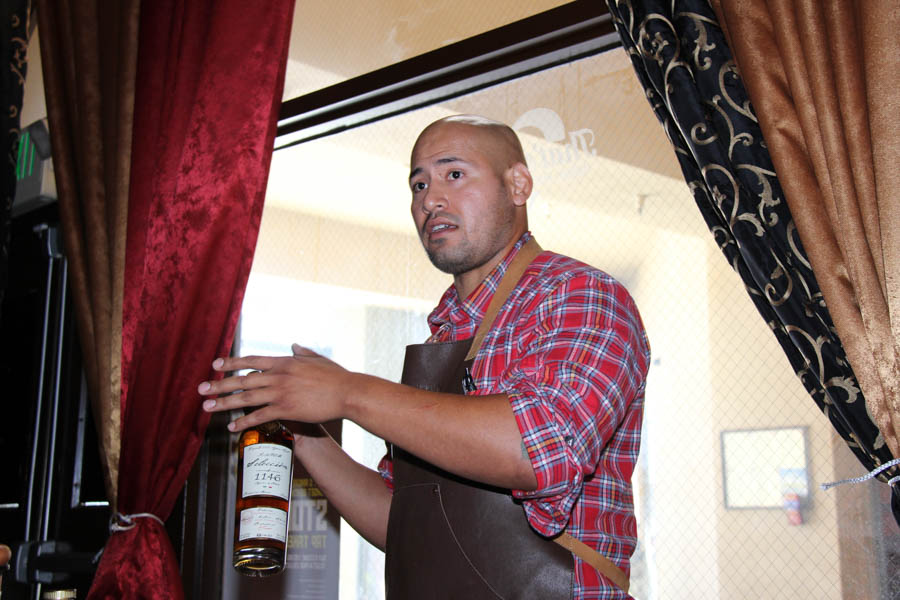
"No... There is no worm in the bottle!"
Did You Know? - "Tequila worm" Misconception! Only certain mezcals, usually from the state of Oaxaca, are ever sold con gusano (with worm). They are added as a marketing gimmick and are not traditional.
The tequila regulatory council does not allow gusanos or scorpions (which are sometimes also added to mezcals) to be included in tequila bottles.
The worm is actually the larval form of the moth Hypopta agavis, which lives on the agave plant. Finding one in the plant during processing indicates an infestation and, correspondingly, a lower-quality product.
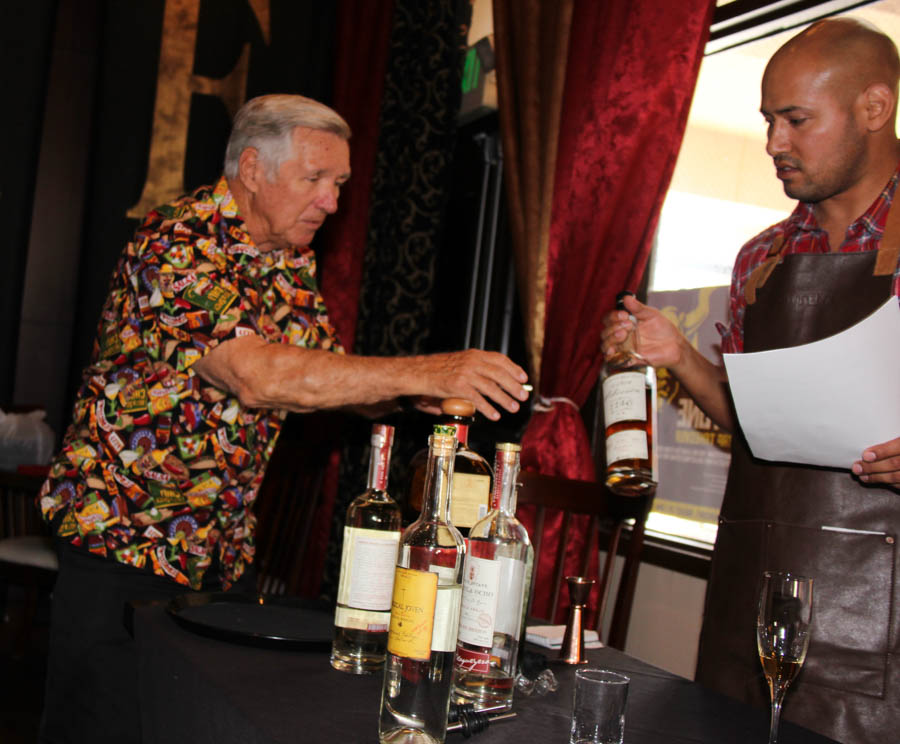
Ed can't stand it anymore... Must get close!
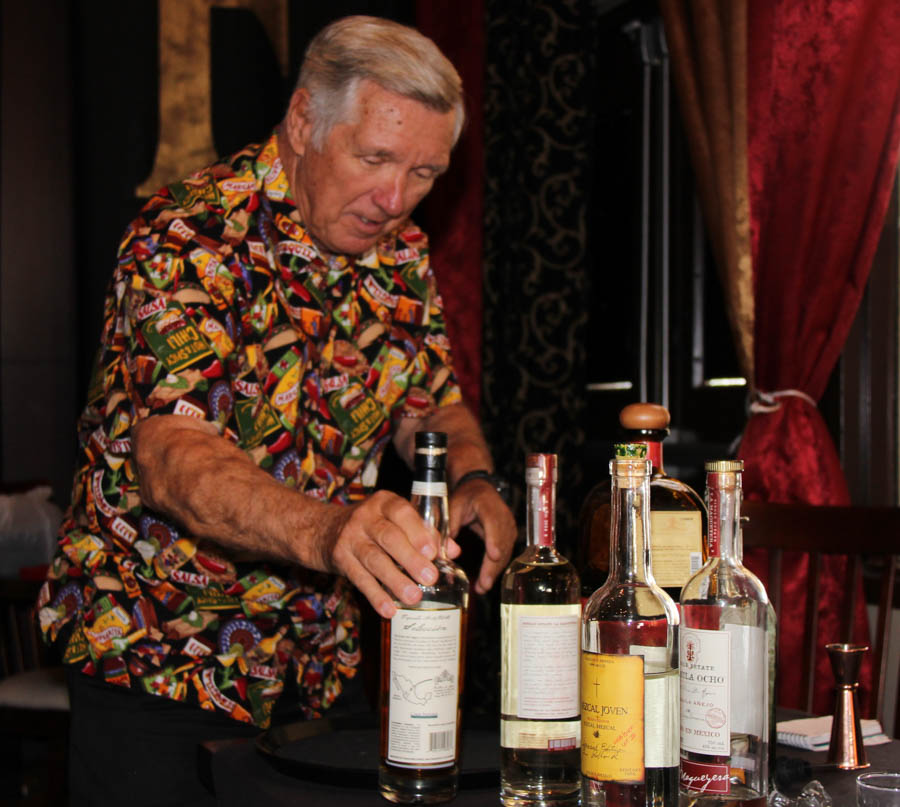
The camera is out... We will now know which one is which

Mitch and Luisa enjoying all the banter back and forth

"Are you sure there is no worm?"
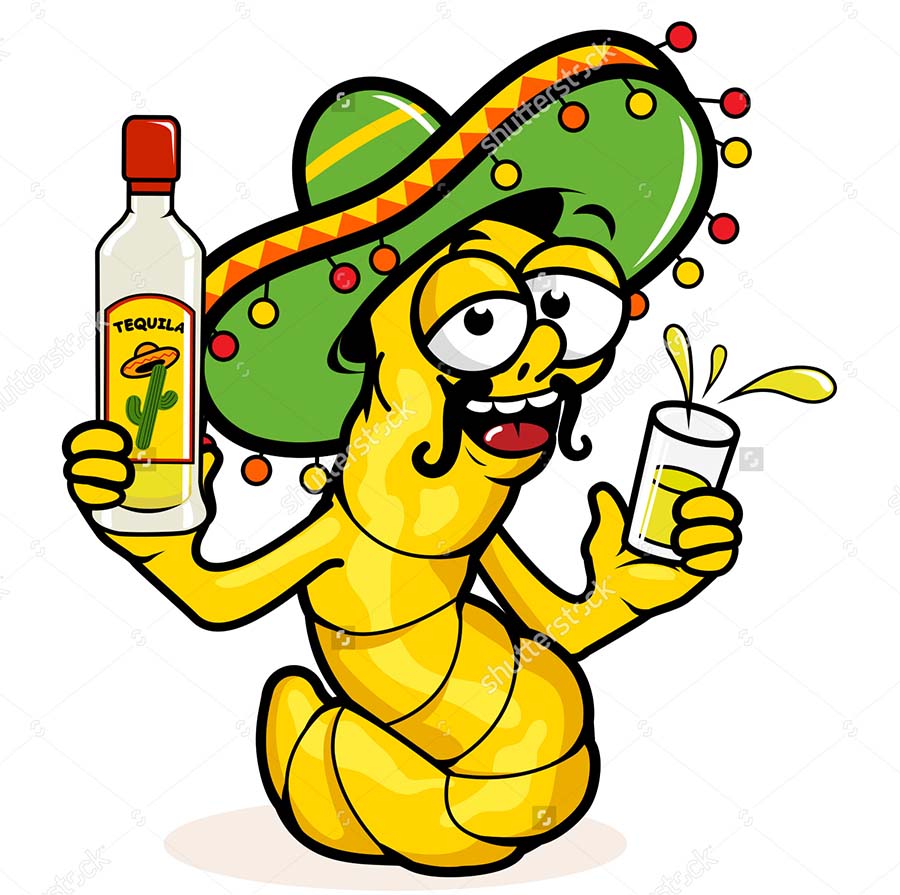
"Senor Mitch... I will jump in your drink if you like!"
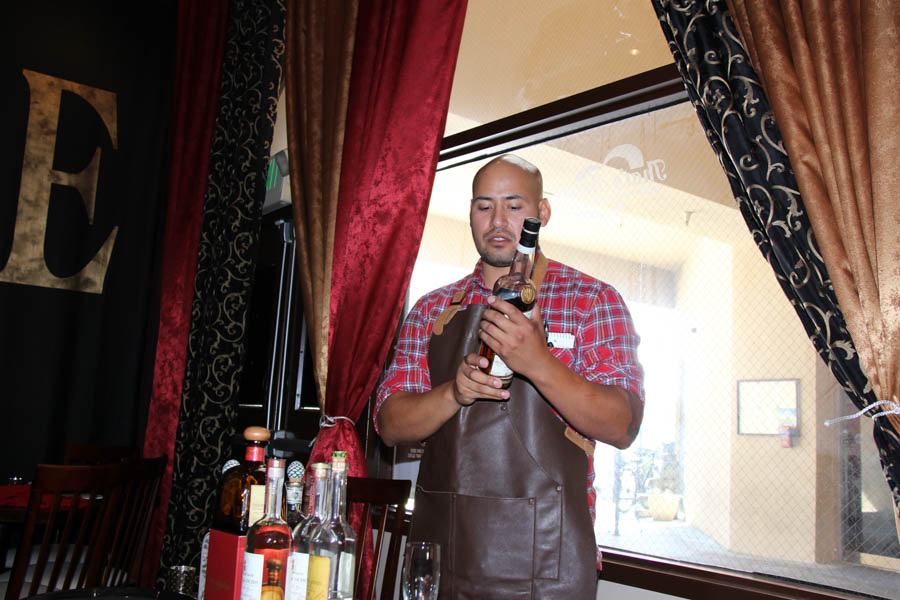
Standby... Another taste heading this way!
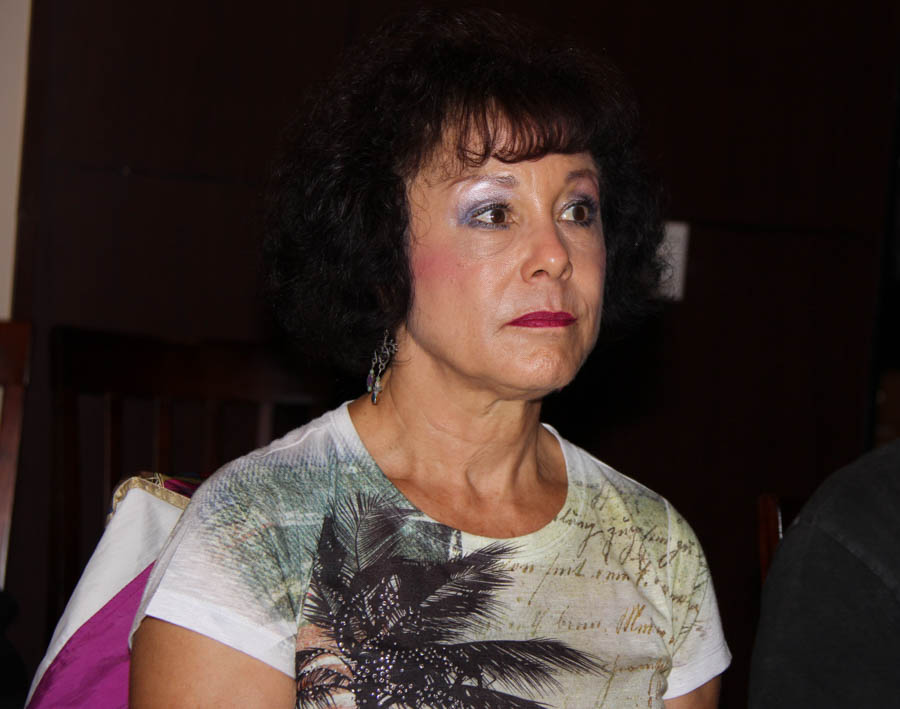
Looks like Donna is really studying all the materials

Dad and daughter

Here comes a question!
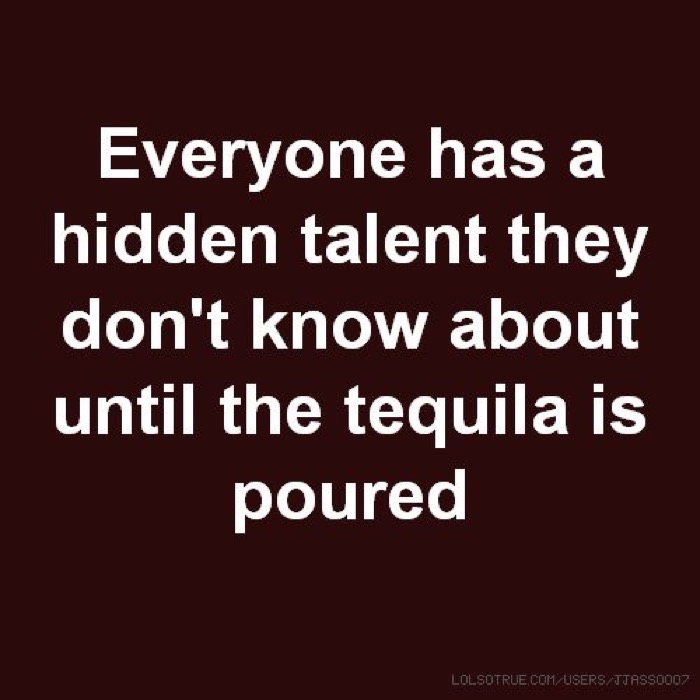

What is she thinking?

"We have nothing like this in the UK"
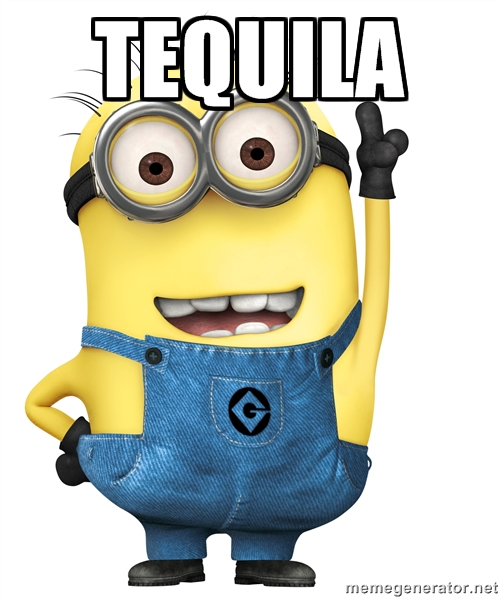

Sue makes the rounds
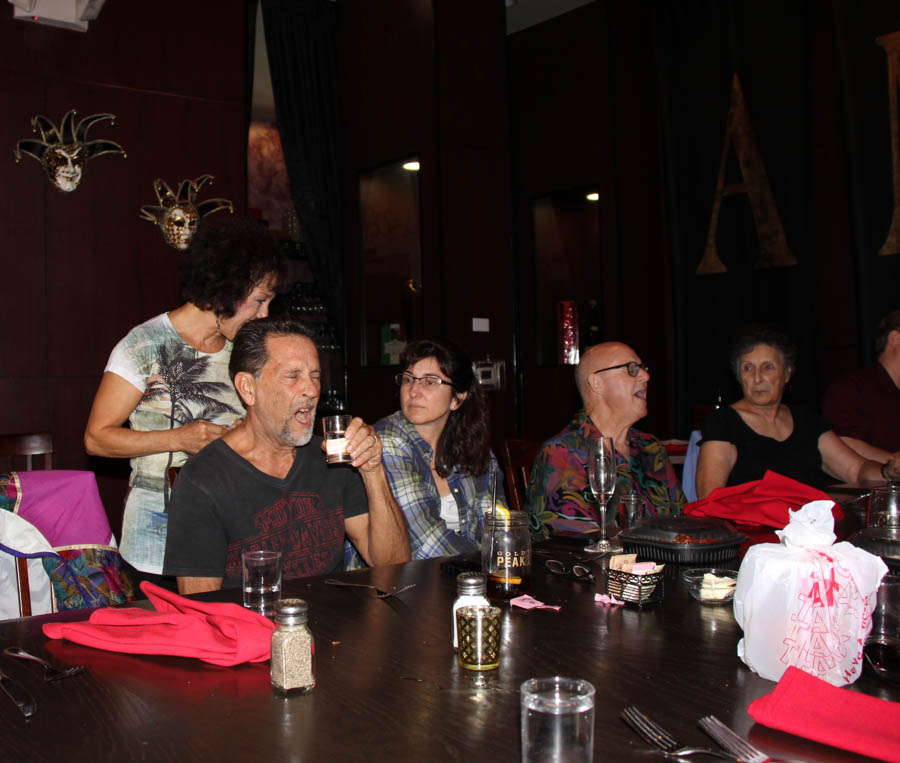
Bob! A yawn??? Or, a reaction to tequila?
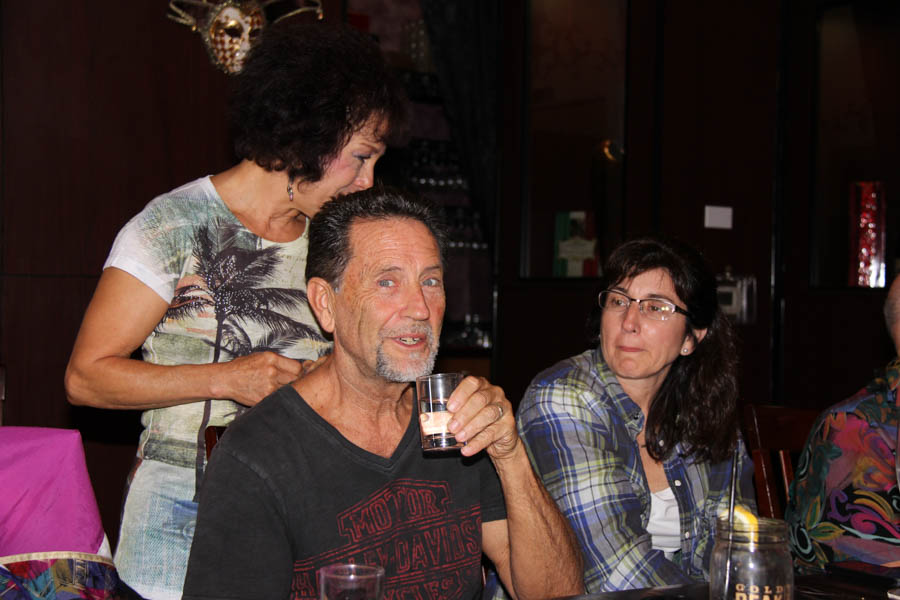
"I will never tell!"

 No... He is NOT wearing the mask!
No... He is NOT wearing the mask! 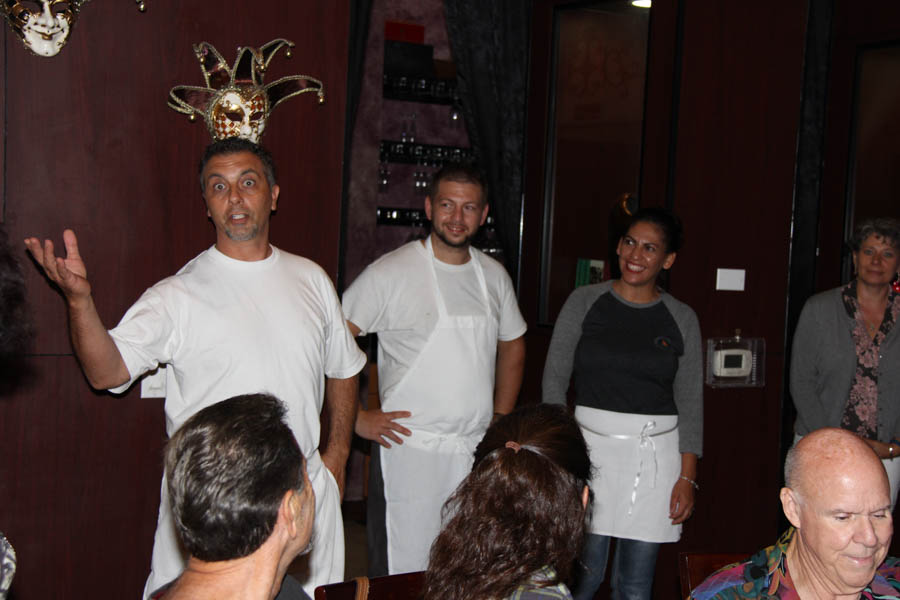
"I do it with Italian Love and a Little Magic"

His bride also works in the kitchen!

Sue assuring everyone is having a good time
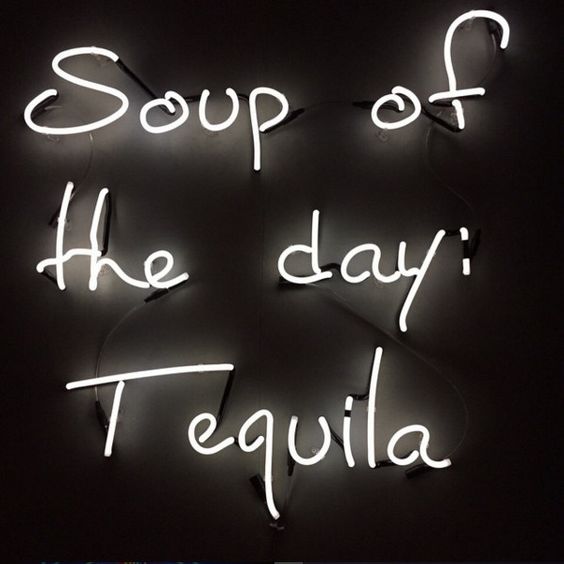

Betcha we can make her smile!

Full-on belly laugh!

Always a smile!

...and speaking of smiles


We are so lucky to have such great friends like Javier and Evelia!
Did You Know? - When served neat (without any additional ingredients), tequila is most often served in a narrow shot glass called a caballito (little horse, in Spanish), but can often be found in anything from a snifter to a tumbler.

No need to check out the dessert menu... We are stuffed!
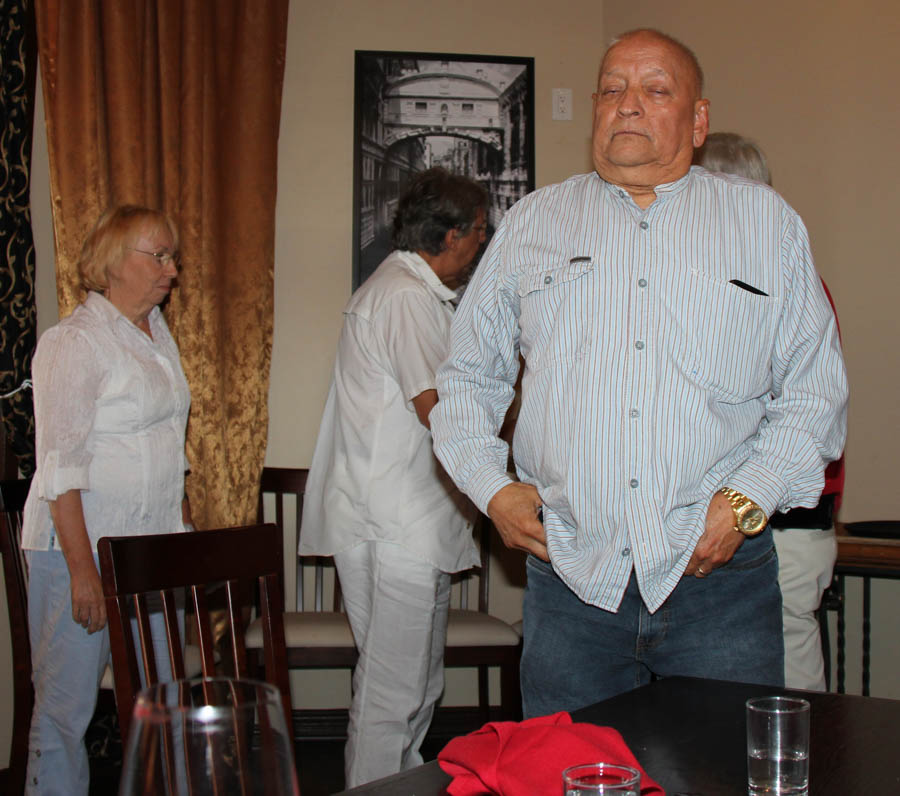
"Darn it... My pants shrunk!"

New friends...

"Oh darn... Do we have to go home?"

Bad Mike now knows about tequila!
Did You Know? - Once the bottle is opened, the tequila will be subject to oxidation which will continue to happen even if no more oxygen is introduced. In addition, if the bottle has more room for air, the process of oxidation occurs faster on the liquor remaining inside the bottle.
Therefore, it may be the best to consume the tequila within one or two years after opening.

"See you guys again soon!"
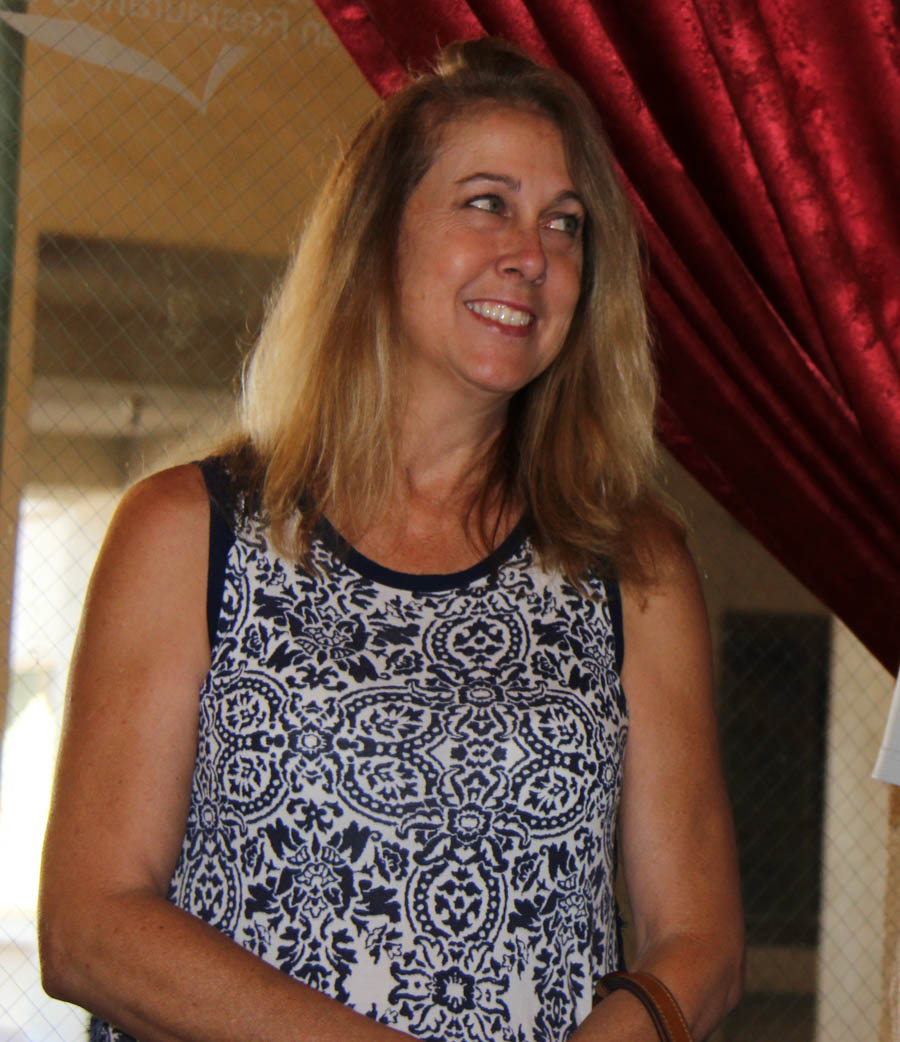
Luisa likes the tequila... Something new to order when one goes out!

"Whoa.... Tequila comes from cactus?"

"Yes dear... Now come on like a good boy!"
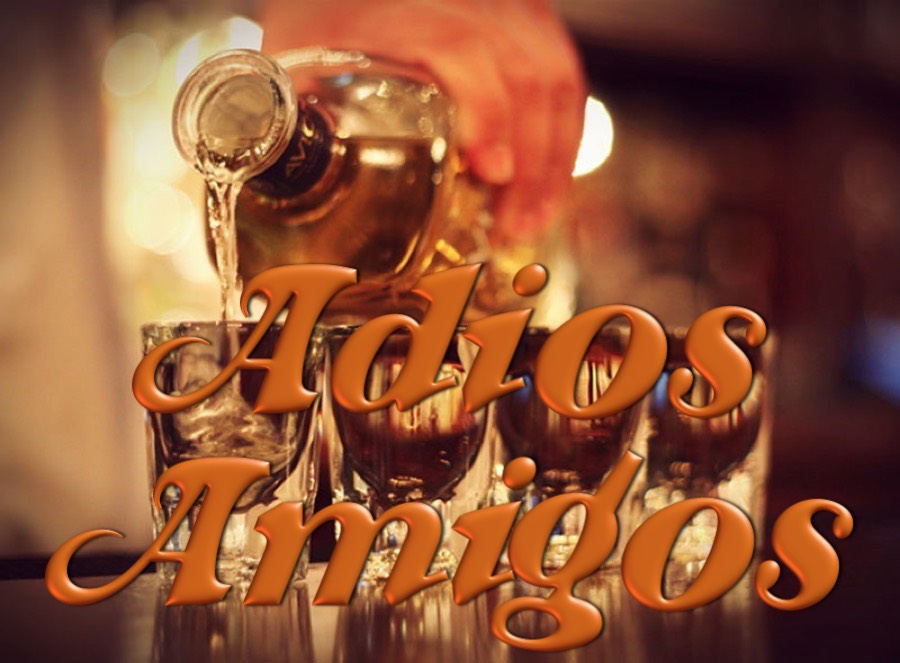

SERIOUS NOTE: No one leaves the restaurant unless they are able
to drive safely or have a driver! The
total amount of alcohol
consummed today was about an two ounces over three
hours
and after a great meal...
Plus we had designated drivers in the ready!